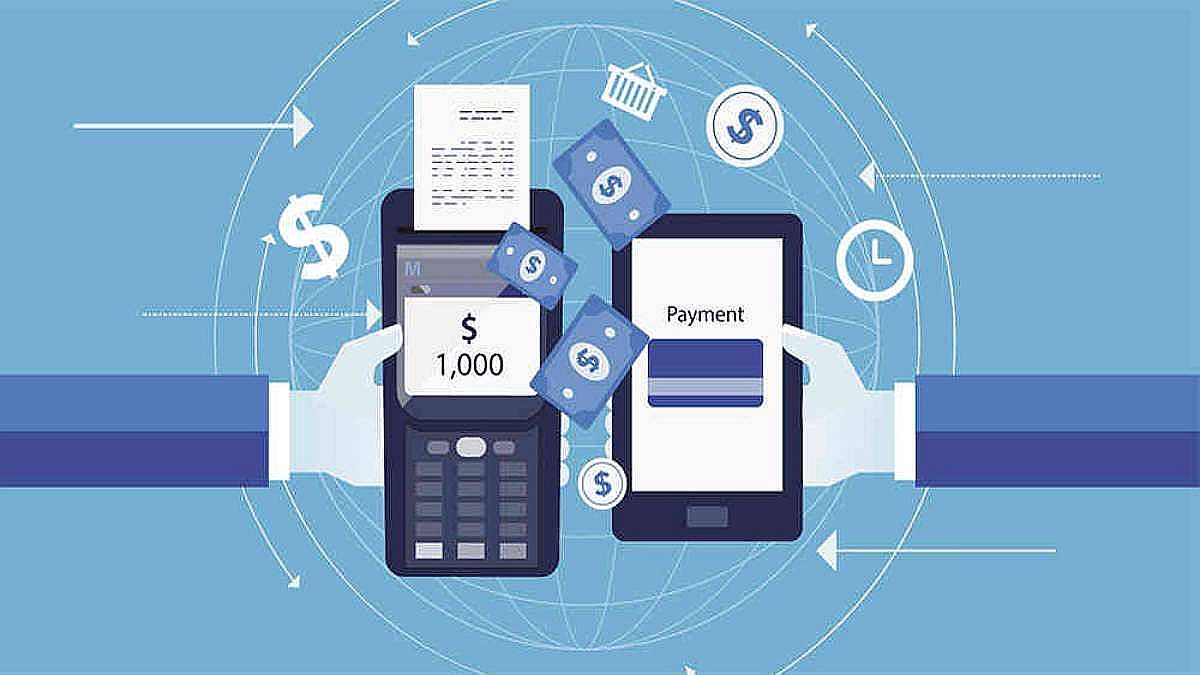Rodríguez led the panel that focused on digital payment methods in Argentina, which also featured exhibitions from Begoña Pérez de Solay, CEO of Octagon; Lorraine Comino, CEO of Billing; Mariano Pontnau, CEO of Superdigital; Y Sergio Strologo, director of business Solution and Firserv.
Argentina Fintech Forum.jpg
Digital mechanisms are gradually gaining ground in the discrepancy with cash, although it is estimated that close to the 80% of payments made in Argentina are in this way. Cash today is the enemy of the sector, say the panelists, underlining the imperiosity of digital payment as an effective alternation.
Currently in Argentina there are millions of people who are in a semi-banking situation. 93% of adults have a bank account, but use is limited according to a report from the Central Bank. This can be reversed through financial education, providing greater clarity and transparency. However, a geographical imprint is evident, since outside the large cities there is little ease of obtaining an ATM, so the digitization of payment systems is a pending priority for the correct egalitarian functioning of the system.
Referring to digital payment systems also puts the focus on omnichannel, since it provides immediacy of availability, massiveness and security. Through omnichannel, the customer is in constant interaction. An omnichannel strategy delivers a 240% purchase increase. From marketing this is reflected in a 90% increase in customer retention rate. This is why 3 out of 10 SMEs are considering an omnichannel strategy, since the 7% of customers make purchases online, but a 23% use the various channels.
pag9-digital payments.jpg

In this aspect there is an acceleration that has to do with the customer, where 7 out of 10 people changed the way they buy and pay. 42% abandoned cash and 9 out of 10 people downloaded an e-wallet in the past year. “Even so, e-commerce in Arg has a lot of space to develop for automation or integration of payment methods”, clarified Sergio Strologo.
For Mariano Ponteau, economic inclusion is not just access to products but showing how those products can be used for personal benefit. “In the region there are many people with semi-banking: access is high but the level of use is low”, he pointed.
Customers demand the electronic wallet and digital payment means from the trade. Innovation is the key to challenge a business, entrepreneur. Technology accelerated the process, facilitating growth, and raising awareness among businesses is key to implementing various technologies, even existing ones.
The challenges for the fintech industry under the Swiss gaze

Begoña Pérez de Solay assured that “for digital payments to continue growing there must be access points so that the user can easily deposit and withdraw cash” and warned that 25% of the towns do not have ATMs, with an ATM fee per person reaching 6,000 per ATM.
Lorraine Comino considered that “the digital transformation made customers interact with brands through multiple channels” and remarked that today it is sought that “the customer experience is satisfactory, whether in the physical store or in the online channel”.
In relation to the future, what is coming is the consolidation of the last two years for 3.0 transfers. Consolidation of means of payments and digitization. There is an interesting future with strong digitization and accelerated behavior from the pandemic. In this regard, the focus is on synergy with commerce, generating omnichannel presence, to facilitate access and promote economic inclusion.
Source From: Ambito
David William is a talented author who has made a name for himself in the world of writing. He is a professional author who writes on a wide range of topics, from general interest to opinion news. David is currently working as a writer at 24 hours worlds where he brings his unique perspective and in-depth research to his articles, making them both informative and engaging.




